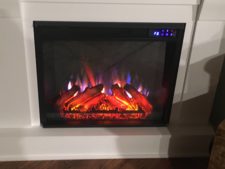Last week, I shared the type of inspections home buyers should consider when purchasing a home.
Choosing your building inspector carefully is just as important as deciding what type of inspections to obtain. After closing almost 300 home sale transactions, I’ve seen great inspectors and inspectors that I would never want to use again.
Before you select a building inspector, ask the right questions.
5 Questions to Ask BEFORE Hiring an Inspector:
1. Is the inspector ASHI certified?
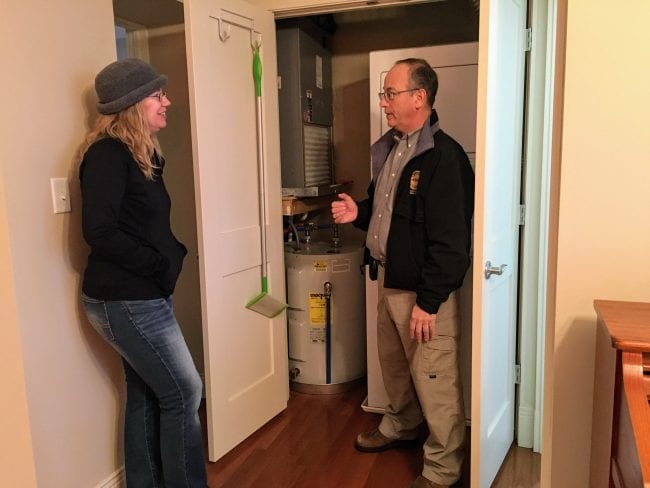
Home inspectors in Missouri don’t have to be ASHI certified. While there may be quality inspectors that aren’t certified or belong to other organizations, I still prefer ASHI inspectors.
What is difference between ASHI and InterNACHI?
ASHI and InterNACHI are the two largest home inspector organizations. ASHI has both a national organization and local chapters, including one in St. Louis. InterNACHI is an online international community.
ASHI focuses on experience, regular continuing education and working at a national level to improve the industry.
ASHI inspectors all pass certification tests and take continuing education, but they also divide their inspectors into 3 experience levels:
• Certified Inspector – requires 250 paid inspections
• Inspectors – requires 75 paid inspections
• Associate – no paid inspections required (these may be new inspectors or new to ASHI)
InterNACHI provides extensive online training with take-at-home testing that gives inspectors certifications. No paid inspections are required to join.
Personally, I prefer ASHI inspectors since their classification system ensures that certified inspectors are experienced. Because experience matters. There are just too many things that don’t come up often, and until an inspector has completed a lot of inspections, they just won’t come across everything that could be an issue in the house you are buying.
2. What will the inspector do if they miss something?
Make sure your inspector is insured and bonded, and will pay for repairs if they miss something that you would have asked the seller to fix.
Keep in mind that many inspection companies limit the cost of correcting missed items, so be sure to ask your inspector what they cover.
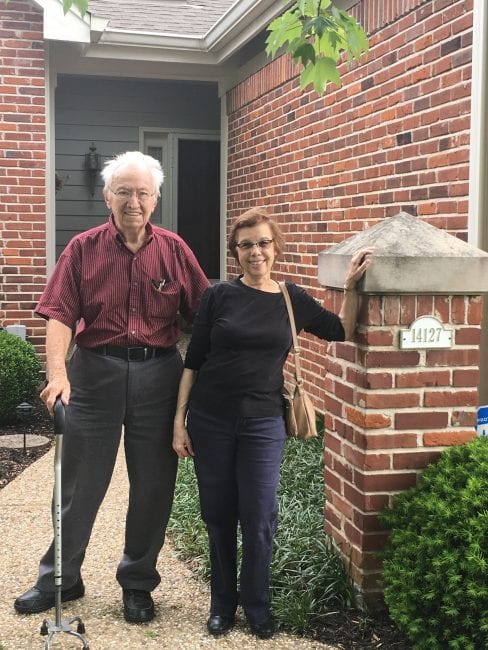
A few years ago one of my buyers hired an inspector who totally missed that a valve in the basement was leaking. Within days after closing, she noticed the leak and I called the owner of the inspection company. He came out and looked at the valve and agreed that the corrosion couldn’t have been caused by a recent leak and his inspector missed it. This company paid to replace the corroded part, which is exactly what I would expect since they missed it.
Anybody can make a mistake, but correcting your mistakes is the sign of a quality company.
One of the reasons it is helpful to work with an inspector your real estate agent has a relationship with is that the inspector has a vested interest in keeping the agent happy, hoping that the future business will continue. Sometimes that relationship is the one thing that gets the inspector to fix something rather than refusing.
3. What pictures are included in the report?
Building inspection reports almost always include pictures. However, some reports only show some of the items that require repairs, while others have tons of pictures.
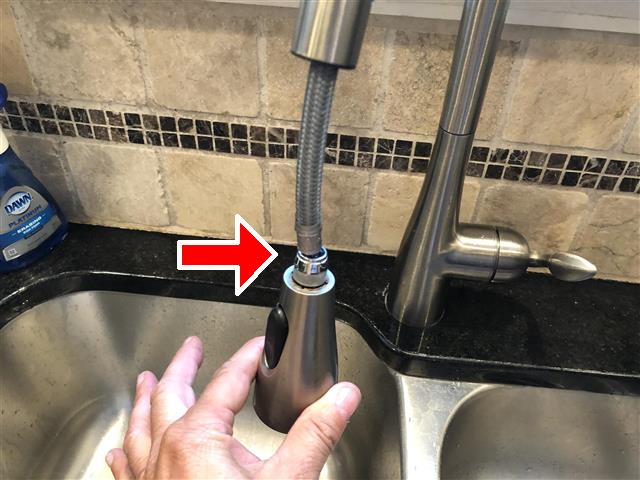
These pictures make it a lot easier for you to understand what needs repairs. They help you when you request a repair since the contractor is more likely to correctly fix the problem if they can see exactly what you want fixed.
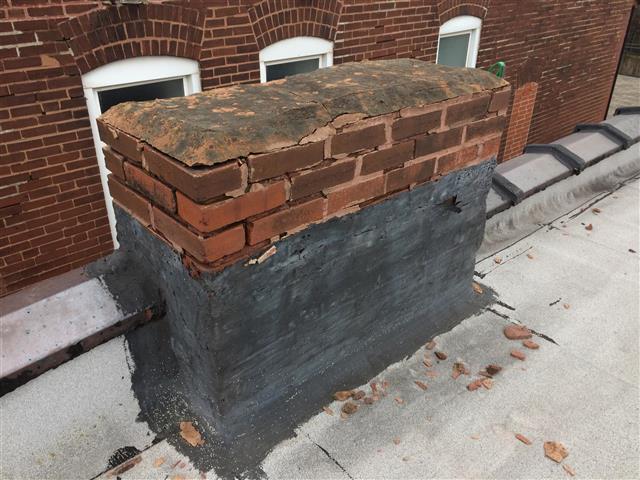
It also makes it hard to dispute that a repair needs to be made when you can see exactly what the inspector identifies as a problem.
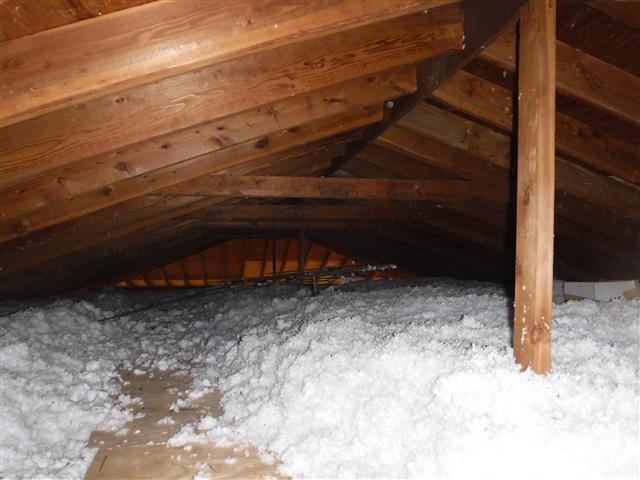
Plus, pictures can show you areas you wouldn’t otherwise see, such as the roof, chimney cap and attic.
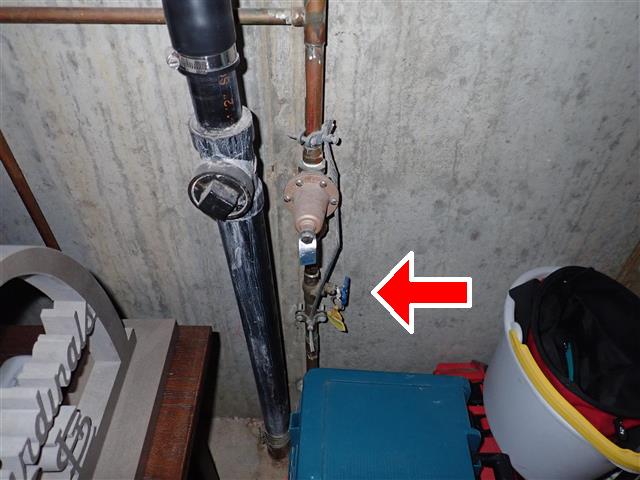
Many building inspections will even show you pictures to help you locate the water and gas shut-offs.
4. Does the inspector climb on the roof?
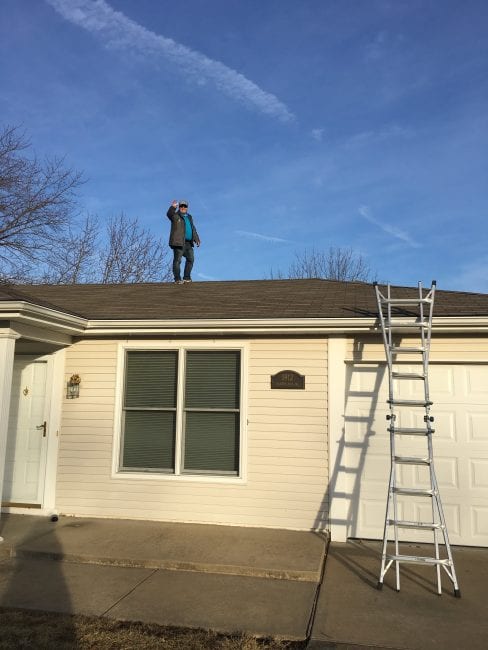
You might not realize it, but many inspectors look at the roof through binoculars instead of using a ladder to get onto the roof. But the inspector simply won’t notice everything from the ground. They certainly won’t be able to tell if the roof feels soft, suggesting that the wood underneath might be bad. And they won’t get a good view of the chimney.
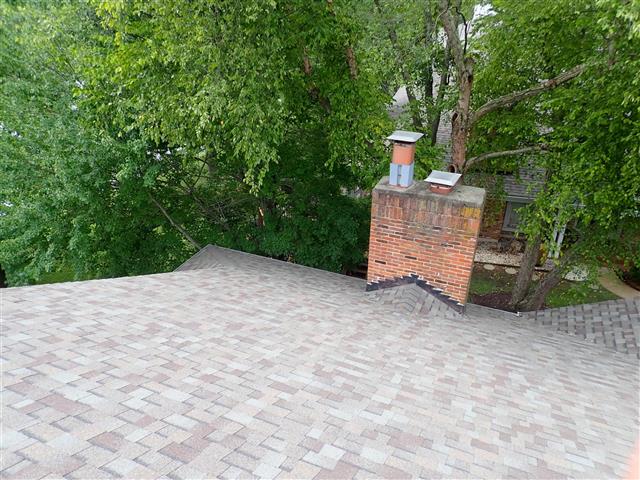
If your inspector doesn’t plan on walking on the roof, I highly recommend you pay for a roof inspection by a roofing contractor.
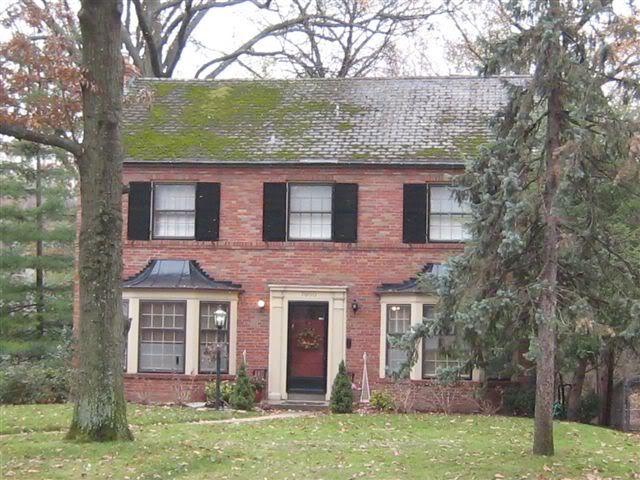
Most of the time, there is no reason that your inspector shouldn’t walk on an asphalt or flat roof.
Clay, slate or tile roofs, plus roofs that are extremely steep or too high to be accessed with a regular ladder, can’t be walked by a building inspector and should be inspected by a roofing company.
Winter buyers also need to ask the inspector if he would be willing to come back if there is ice or snow on the roof on inspection day.
5. Will the inspector check EVERY outlet and window?
Many buyers would be surprised that ASHI only requires one outlet and one window be checked per room.
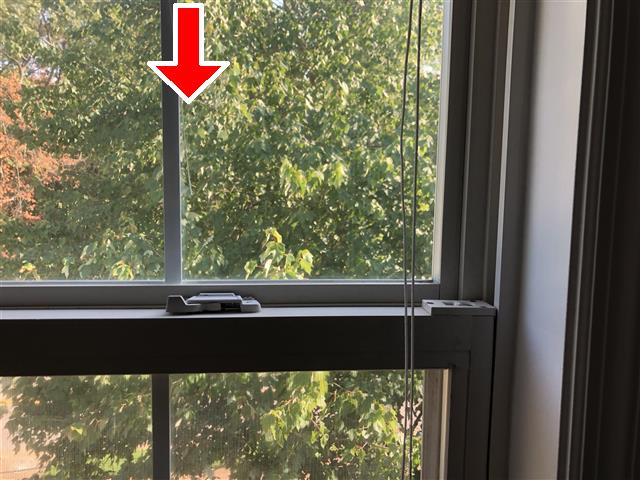
If I was the buyer, I would be upset if I paid for a full home inspection only to discover after moving in that the some of the windows don’t open. Or outlets are wired improperly.
A good inspector will check every outlet and every window that isn’t blocked by furniture.
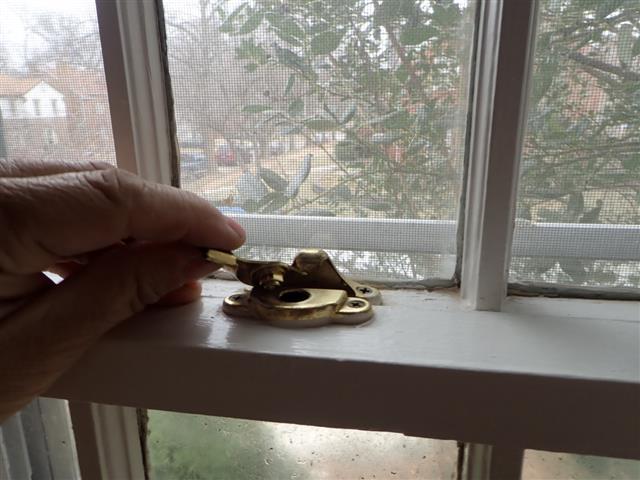
Unless you are buying a home as-is and are prepared to deal with surprises, almost everyone should get a building inspection.
If you are buying as-is, you can usually include a contract contingency that allows you to get inspections and terminate the contract if you aren’t satisfied with the results.

